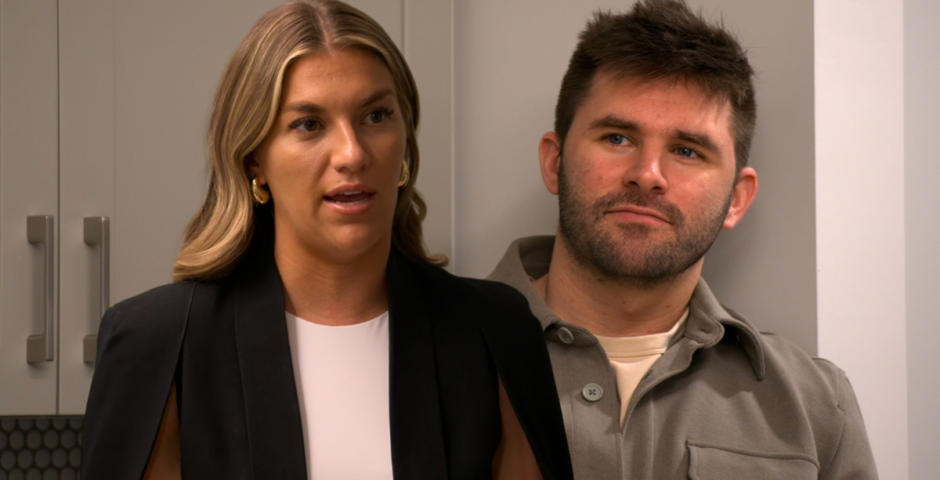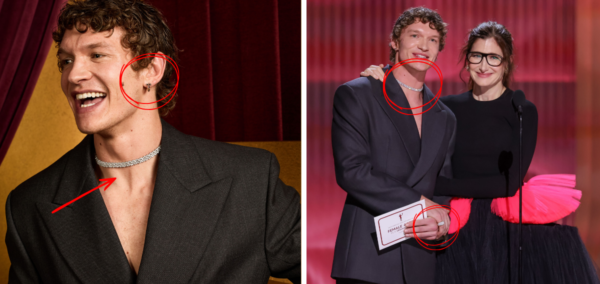
This maths riddle should be easy, but it took me so long to solve I’m embarrassed
Go on, admit how long it took you to work out
These days, I actively enjoy putting myself through hell. And by hell, I mean viral sums on Twitter that everyone else says they can crack easily, but leave me sweating and questioning my life. Sigh. So today, another maths addition riddle is going round, and instead of going it alone, I’ve decided to share my struggle with you, and hopefully you’ll solve it quicker than I do.
On the surface, this looks like a relatively easy conundrum. A tweet asks “what’s the answer?” and states 4+7=1281, 4+6=1240, 8+3=1241 and then asks what 9+9 could possibly equal, following this pattern. Spoiler: It’s not 18.
What's the answer? pic.twitter.com/vilwKFWntS
— Success Minded (@_SuccessMinded_) December 11, 2023
Go on then, what’s the answer to this maths addition riddle then?
Literally everyone in the comments of the tweet, which has been viewed over 30k times, has the same answer: 1818. So how did they get there? If you haven’t solved it you’re going to kick yourself, because when you know how, it’s really simple.
To get the answer all you need to do is add the numbers together, and that gives you the first and last digit of the answer. The numbers in between the first and last digit are then what the numbers multiplied together are.
So for example you take the first numbers, four and seven, which added together is 11. So one is your first digit, and one is your final digit. You then multiply four and seven which is 28, so that’s your number in the middle. Final answer, 1281.
That means for the last question you add nine and nine which is 18 and then times nine by nine which is 81. Meaning your final answer is 1818. Now, back to the rest of your day!
Related stories recommended by this writer:
• These festive brainteasers and codes are set by real life spies – can you crack the answer?
• This maths question is destroying group chats, so what is 60÷5(7-4)?
• Can you pass a 2023 GCSE exam? Find out in what should be this very easy quiz
Featured image background (before edits) via Unsplash.


















